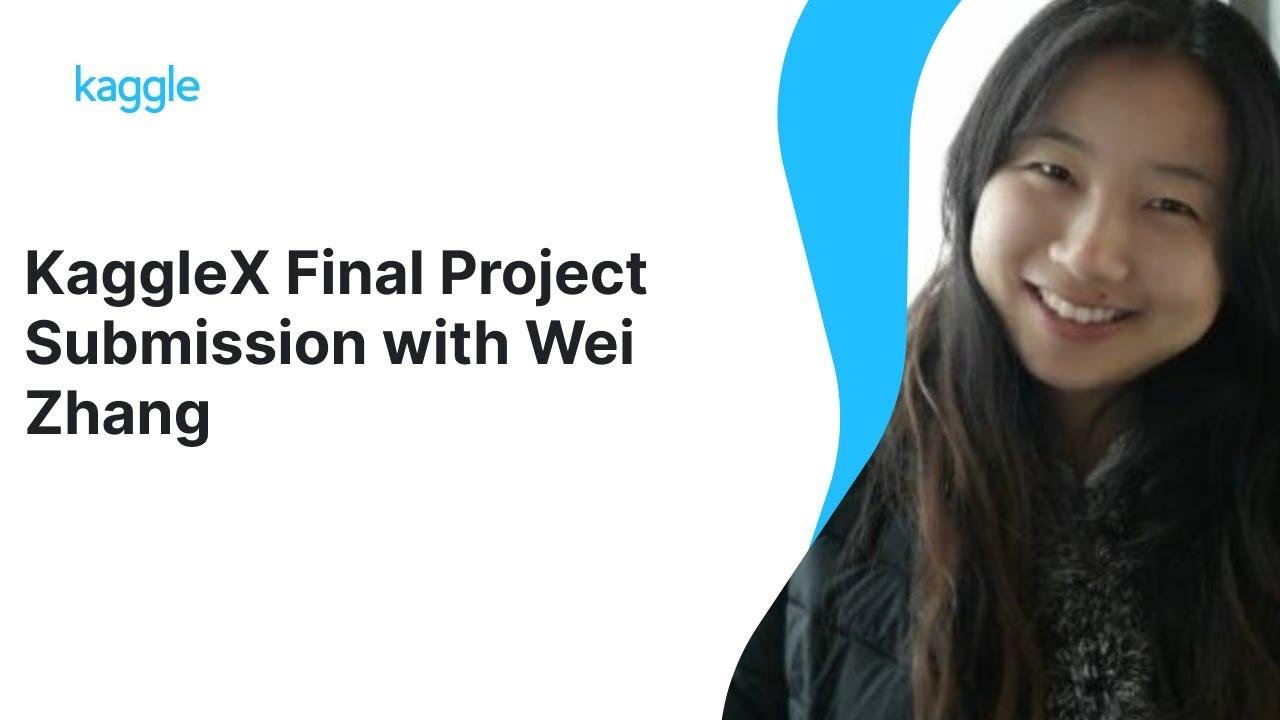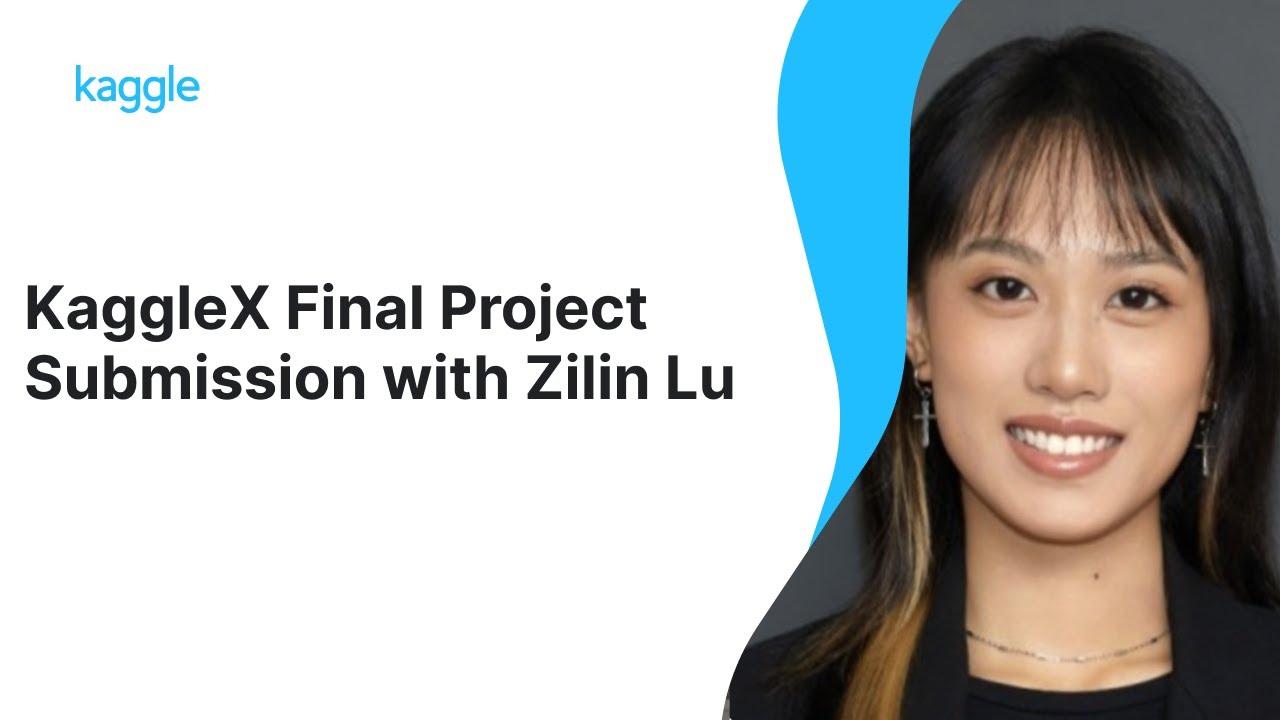"Predicting house prices is like peeling an onion – you uncover layers of hidden insights. It’s not just about data analysis, but also combining practical healthcare knowledge with statistical skills to crack the code. Finding hidden gems in missing data was like finding gold in a mine. And seeing my name on the leaderboard? That’s like finding a pot of gold at the end of a rainbow! 🌈🏡💰"
Table of Contents
ToggleKaggleX Final Project Presentations with Wei Zhang
Key Takeaways:
| Key Points | Details |
|---|---|
| Project | House price prediction |
| Kaggle | First ever Kaggle project |
| Skills | Data analysis, Python |
| Model Used | Random Forest |
🏠 Introduction to the Project
Wei Zhang presents his final project at KaggleX, showcasing his work on predicting house prices in an ongoing competition on Kaggle. He emphasizes that this is his first Kaggle project and notebook submission, marking his foray into exploratory data analysis and machine learning. Based in Melbourne, Australia, Wei is a data scientist for the state government and previously worked as a data analyst in a healthcare organization and as a nurse. His diverse skillset includes practical healthcare knowledge, data analysis tools, and machine learning concepts learned during his master’s degree in statistics.
🌏 Background and Skills
Throughout Wei’s career journey, he has acquired a wide range of skills in data analysis, Python programming, SQL, and various business intelligence and analytics tools. His insights into handling large datasets, especially in a government setting, and his transition from healthcare to data science, give him a unique perspective in addressing complex real-world problems with statistical and machine learning techniques.
📊 Data Exploration and Insights
The project required Wei to work with 80 descriptive features, a combination of categorical and numeric data with numerous missing values. Through meticulous exploration, he discovered the significance of the missing values as indicators of house prices and decided to impute them accordingly. This resulted in valuable insights that helped him in creating a predictive model and refining the features to be used.
🤖 Machine Learning Journey
Wei’s project involved extensive data pre-processing, including the handling of missing values, transforming skewed distributions, and utilizing model fitting for house price prediction. He shares how he utilized a random forest model, although he is open to trying other models like gradient boosting to enhance the accuracy of his predictions in future submissions.
🏆 Accomplishments and Future Plans
Wei expresses his pride in seeing his name on the leaderboard, showcasing his dedication and enthusiasm for Kaggle competitions. This accomplishment has motivated him to pursue more Kaggle projects in the future, driven by the encouragement he has gained from this experience. His resolve to explore diverse models and continue improving his predictions reflects his passion for data science and machine learning.
Conclusion
Wei Zhang’s project journey at Kaggle demonstrates the practical applications of machine learning techniques in real-world scenarios. His transition from healthcare to data science has equipped him with a unique skill set that has culminated in a successful submission and leaderboard recognition. As he continues to explore advanced models and tackle more challenging projects, his journey serves as an inspiration for aspiring data scientists and Kaggle enthusiasts alike.
Related posts:
- How I achieved #1 ranking in just 24 hours using ChatGPT VIDEO AI SEO.
- Experience the Copilot Code Frist Demo in Azure AI Studio and start creating your own with ease.
- Midjourney v6: Tips and Tricks for Beginners and Advanced Users. Part 1
- First part of Android Project: Developing an App for Image to Text Scanning using Machine Learning with Android Development @SCALER.



